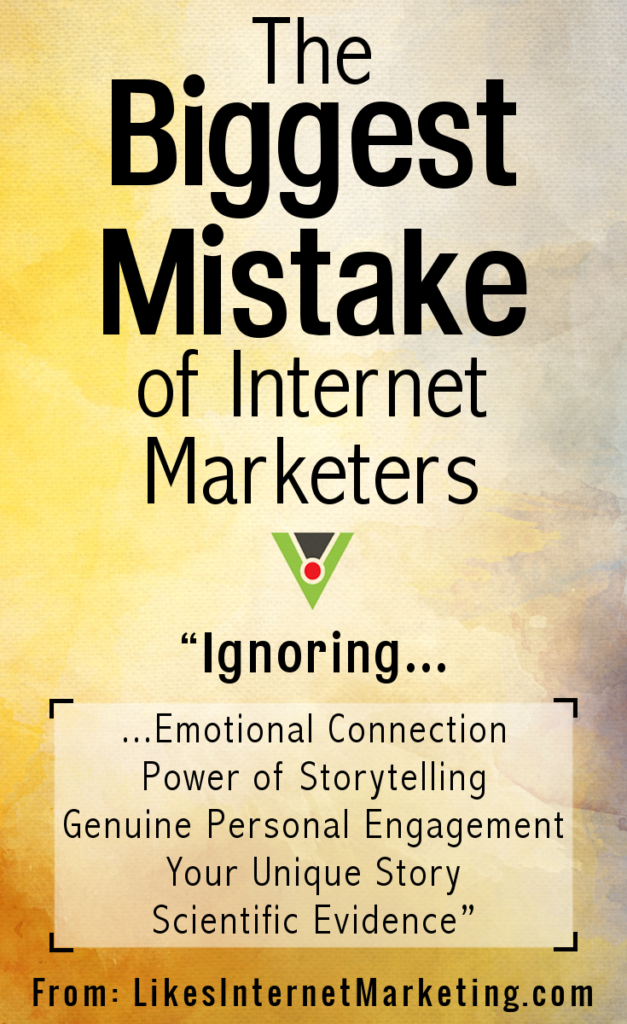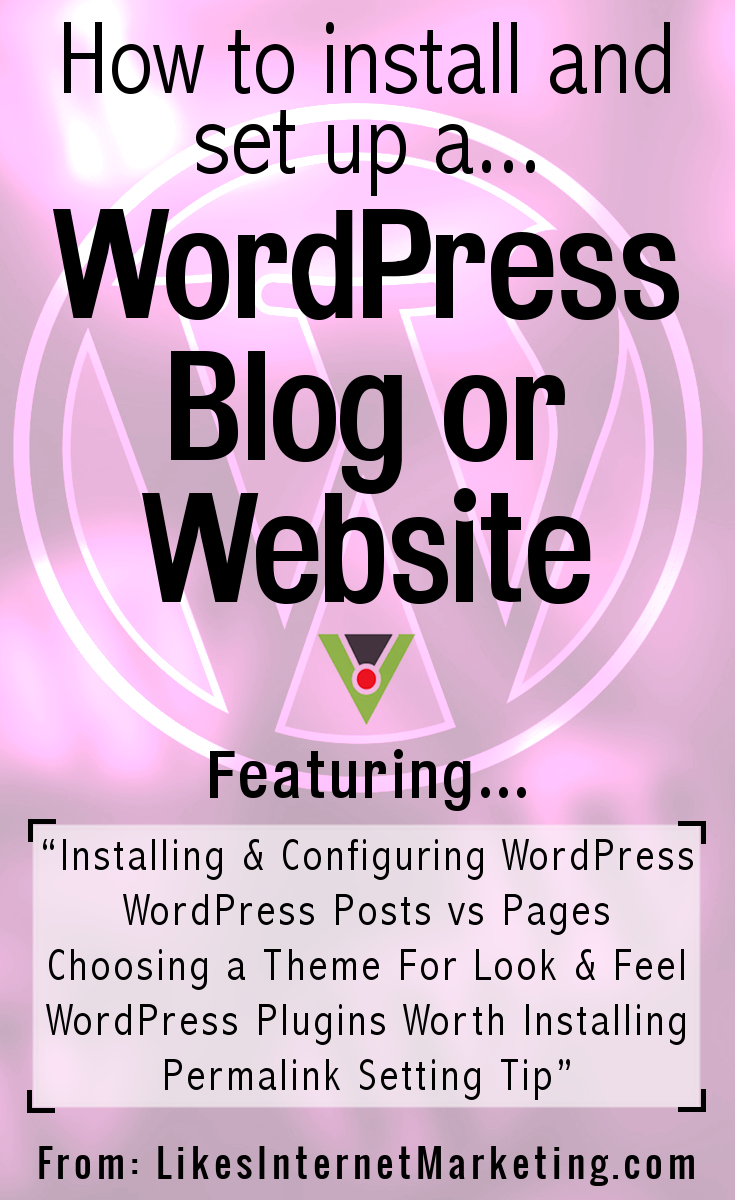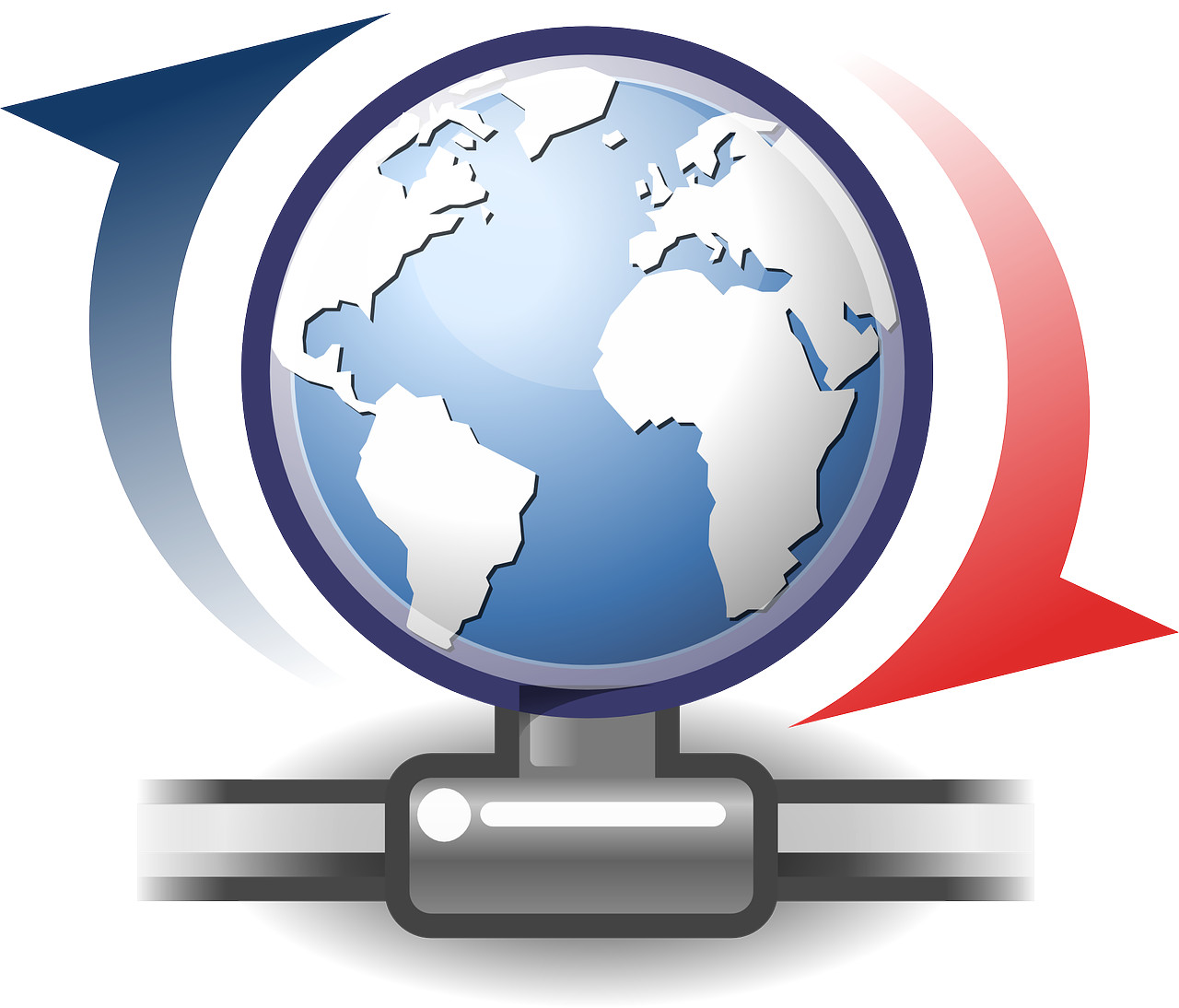The Biggest Mistake of Internet Marketers

Ignoring this powerful marketing method is probably the biggest mistake of internet marketers.
Emotional Connection
Making an emotional connection with potential customers using contextual storytelling is key to persuasive internet marketing and indeed all forms of marketing.

Personal stories make ideas tangible and memorable for your audience. Your product is no longer just another ‘thing’, it’s got your own unique context and story behind it.
The Power of Storytelling
Stories have a profound effect upon our behaviour and our brains which originates from childhood, when we all made the most basic requests such as “I need something to eat” and “Tell me a story”. This stays with us throughout our life. Consider how hypnotising just watching the news can be.
However one of the biggest mistakes internet marketers make, especially those new to the business, is not unleashing their own unique take upon their audience.
Lack of Genuine Personal Engagement
By being just another copy-paste internet marketer, newbies to the industry tend to shoot themselves in the foot by not offering a true and unique engagement with their audience, and just blend into the crowd of the many other internet marketing newbies making the same mistake.
It’s all well and good talking about the benefits of a product and providing testimonials etc. as we see in the copy on countless sales pages. But one of the biggest mistakes many new and some experienced internet marketers make is doing this before they tell their in-context personal story, if they even tell it at all.
Your Unique Story
Prospects and consumers are conditioned now more than ever to hear stories; the background, the experiences and “the why” before buying.
Your own personal story will always be seen as unique. This gives you an edge and makes you stand out from your competition, because no one else has your story. This sets you apart and will get you noticed by your market.
However most folk don’t even realise that they’ve got a story to tell in the context of the product they’re marketing, or even have anything important to add. Wrong! No-one else has your own particular experiences, but many may share the emotional context of them such as your fears, doubts, and hopes, etc.

For instance take a real close, personal look at why you chose to create and/or sell this product. Or why you created this business or joined this program.
- How did you feel when you were initially searching for something which provides the benefits of the product?
- How did you feel when you found this product and were looking into it?
- What misgivings did you have and how cynical were you initially?
- What made you change your mind and invest in the product yourself?
- How do you feel now you have the product?
Tell this emotional and honest story in your own words and in the context of your own life experience. Keep it simple, relevant and don’t waffle.
For example, you could craft an email autoresponder series which addresses one part of the story per email as it develops. Take the list above and write an email for each stage of your emotional story before getting to the sales email (the ‘happy ending’ as it were!)
Scientific Evidence Points to the Effectiveness of a Good Story
The persuasive effect of a good story has been well documented, for instance by the American neuro-economist Paul Zak who states.
Stories are powerful because they transport us into other people’s worlds but, in doing that, they change the way our brains work and potentially change our brain chemistry – and that’s what it means to be a social creature.
Furthermore it has been shown that stories which don’t have a clearly defined beginning, middle, and end do not elicit this powerful response in our brains and we tend to ignore them.
Combine Compelling Facts with a Good Story Using Powerful Metaphors
By combining compelling facts with attractive, well-constructed and relevant stories using evocative metaphors, you will trigger all the necessary brain chemicals and subconscious programming to win over your prospect and get the sale.
The next time you endorse a product online, instead of copy pasting the functions and benefits of the product, weave these around your story. You’ll find this to be your most successful persuasion technique, whether selling, pre-selling or warming your market up to a sell.
This is one of the best ways to remain competitive, especially if your competitors are already using stories effectively.





